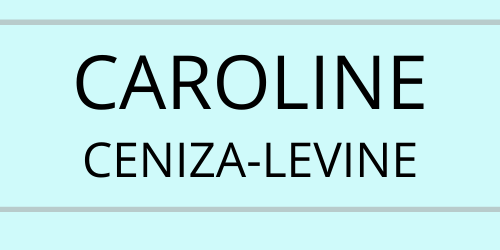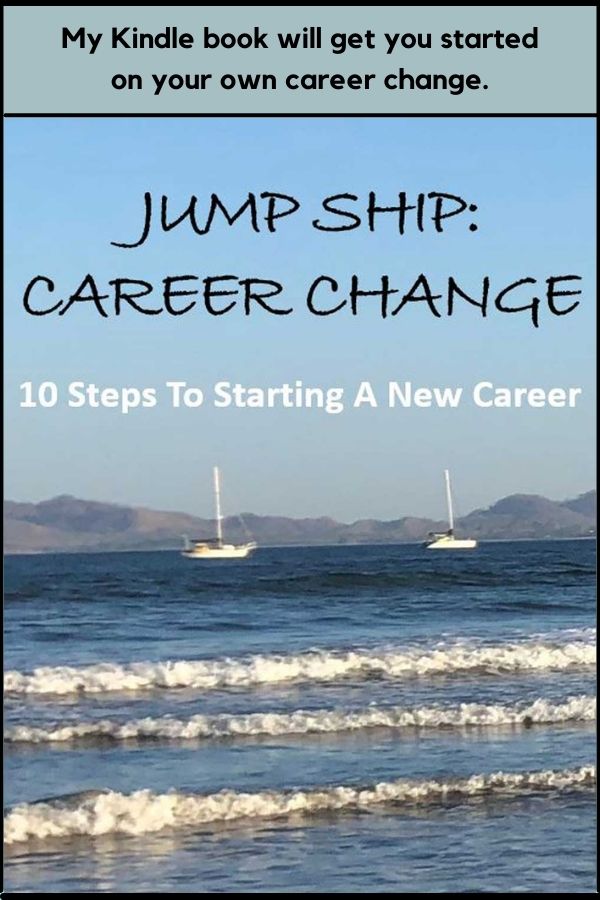Ulysses asks:
What are the top questions to ask in a job interview?
It’s true that a job interview is a two-way conversation. Both the employer and the job seeker should have a chance to ask questions and get answers. The hiring process is a chance for the employer to vet you and your fit for the job, but also for you to learn more about the employer and vet if the job is a fit for what you want and need. This vetting should be your guide as you put together your list of questions and go through the job interview process.
Understand the job description
That said, you’re in a position where you’re still trying to land that job, so keep that in mind as you put together these questions. Specifically, the first type of question you want to focus on are questions to rebuild the job description. Why do I say “rebuild”?
Job postings are notoriously incorrect. You might have applied to a specific posting, and so you might think that you understand what the job is. However, sometimes (I estimate many times more than an employer will admit) the job posting they use for one job is a copy-and- paste from a previous job description.
Or, sometimes the employer puts together the job description and then as they go through the hiring process their wish lists change. Or maybe the business changes or market conditions change, and these changes mean the initial job description no longer holds. An employer will rarely go back to redo the job description once the search is underway, so you really want to rebuild it from scratch.
Ask enough questions so that you really understand what the job is, what the employer is looking for and the timeline of when things need to happen. All of these questions are both going to help you decide if you want this job now — knowing the most updated information about it – and will also help you in future interviews. The questions that you ask are a great source of information to help you perform better in the next interview.
Understand the company culture
The second type of question to focus on are different questions for HR and for people actually in the department, group or line of business that you’re interviewing for. Let’s say that you are interviewing for a marketing job. When you talk to HR, ask questions about the culture of the company or the history of the company or people in marketing in general. What does onboarding look like? What’s the typical career path? What training and mentoring is available?
You can certainly ask some of these questions for people in the line of business, but talking to the business is your opportunity to understand the inside workings of that business (the marketing group in this example). How is marketing done? How is marketing differentiated by this company versus other companies? What can you expect to be doing day-to-day? What specific initiatives are in the pipeline?
What specific goals do they have to hit before year end?
Sometimes HR will know these department-specific questions, but most of the time people in HR are working across all of the departments. So you want to ask general company-wide questions to HR, and save the department-specific questions to the actual line of business.
Understand where the company is going
Finally, the third type of question to think about when you’re putting together your list of questions is positively framed questions. You’re still selling yourself in this job interview. Yes, you are trying to dig into the company to see it’s a place that you want to work or a job that you want to do. But you also want to have those considerations on your own time when you already have the offer in hand. Until you have that offer in hand, focus on positively-framed questions. Where do you see this this company going — within the next 12 months, within the next 24 months?
Let’s say that you recently read that the company has hit some turmoil in the current market. Maybe this employer is a manufacturing company and having issues with supply chain delays that are hampering the company. Should you ask about that? Probably not in the initial interviews.
It might be something that you want to dig into on the side — with people who’ve already left the company or with people that are not involved in the hiring process. If you really feel like this is something that you want to know, do your research, but do it in a way that you still keep the temperature up and positive in terms of the questions.
This is not about asking just easy softball questions, but more about asking questions that speak to things they want. Focusing on what they want to happen means you can go forward in future interviews with this shared wonderful vision of how working together will get to this happy place. This actually circles back to that very first type of question that helps you rebuild the job description. When you focus on positively framed questions about where the company is going and how it’s going to grow, then you can also frame yourself as being that perfect addition to the team.
Keep the positive vibes going throughout the hiring process. You are still selling yourself in a job interview.
Now that you have the three types of questions to ask, you can then customize the questions for each job at hand — to find out what you need to do and what you need to know so that you can do this job. This is the ultimate question that underlies all of the questions that you ask: What do you need to know to do this job well?





